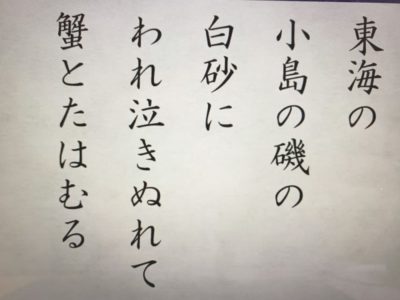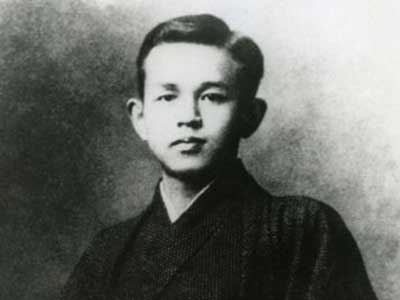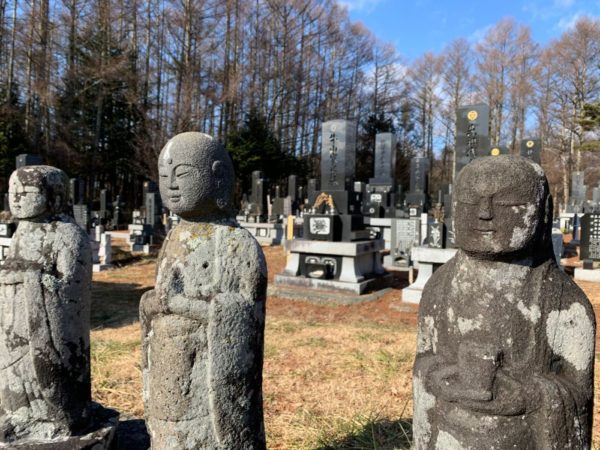Tanka is uniquely Japanese poetry perfected at the beginning of the seventh century. Its original form can be seen in the Manyoshu, an anthology of poems compiled in the eighth century.
Structure of Tanka Poetry
Words that express the poet’s feelings or the seasonal conditions are set into a 5-7-5-7-7 syllabic structure. As there are no ‘season words’ required like they are with Haiku, Tanka allows more freedom of subject matter.
Tokai no – kojima no iso no – shirasuna ni – Ware nakinurete – kani to tawamuru. On the white sand of a rocky beach on a small island off the Tokai coast, Soaked in tears, I play with a crab.”
Ishikawa Takuboku
This is a poem by Ishikawa Takuboku, an example from the Meiji period – 1886-1912 -. If you read it aloud, you will hear the 5-7-5-7-7 rhythm.
The pleasing resonance of its words is one of the reasons Japanese have long cherished Tanka poetry.


Your Japan Tour
If you are thinking about making a trip to Japan, as seasoned Japan experts we can help you create your perfect Japan tour. We can include expert guides who can add to your holiday with their extensive knowledge on topics such as Japanese poetry, arts, and culture. Contact us to start planning your unforgettable holiday to this fascinating country full of once-in-a-lifetime experiences, culture, history, nature, and delicious food!
